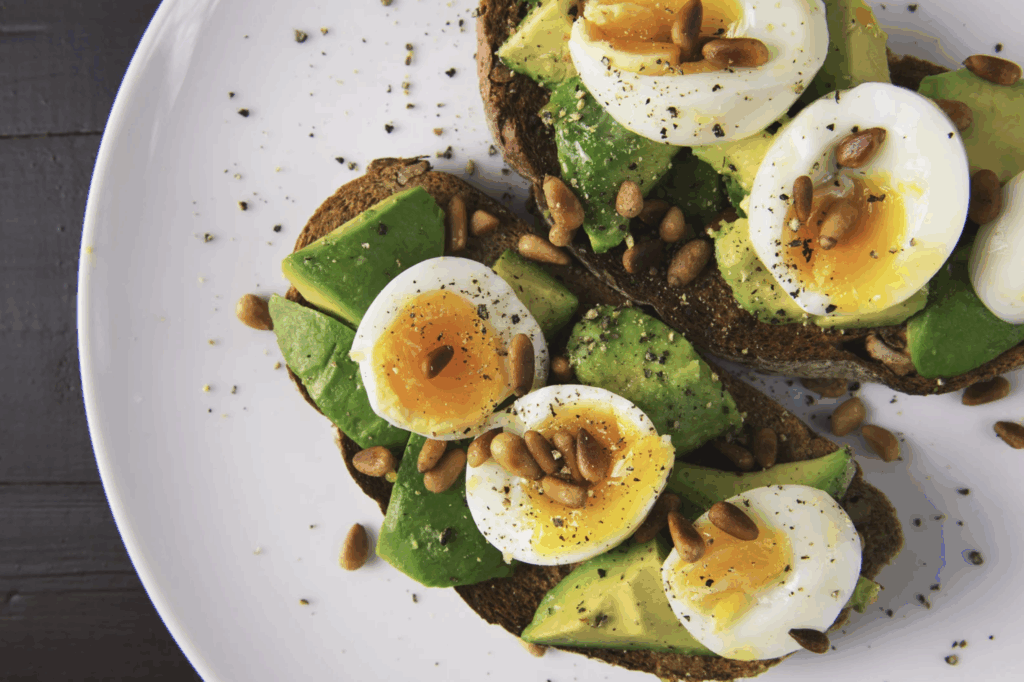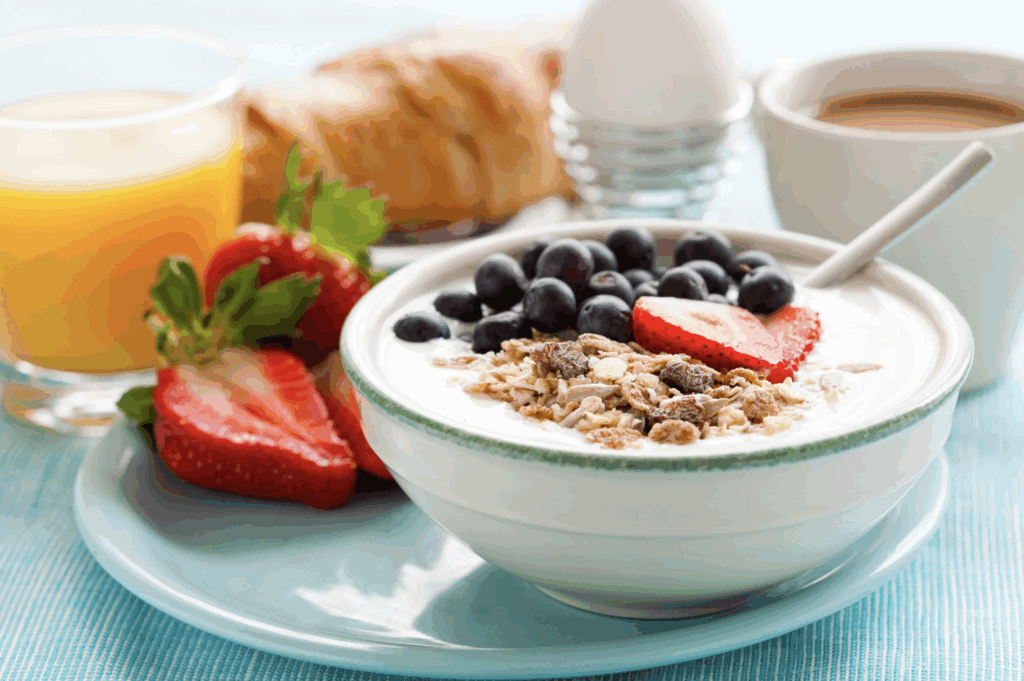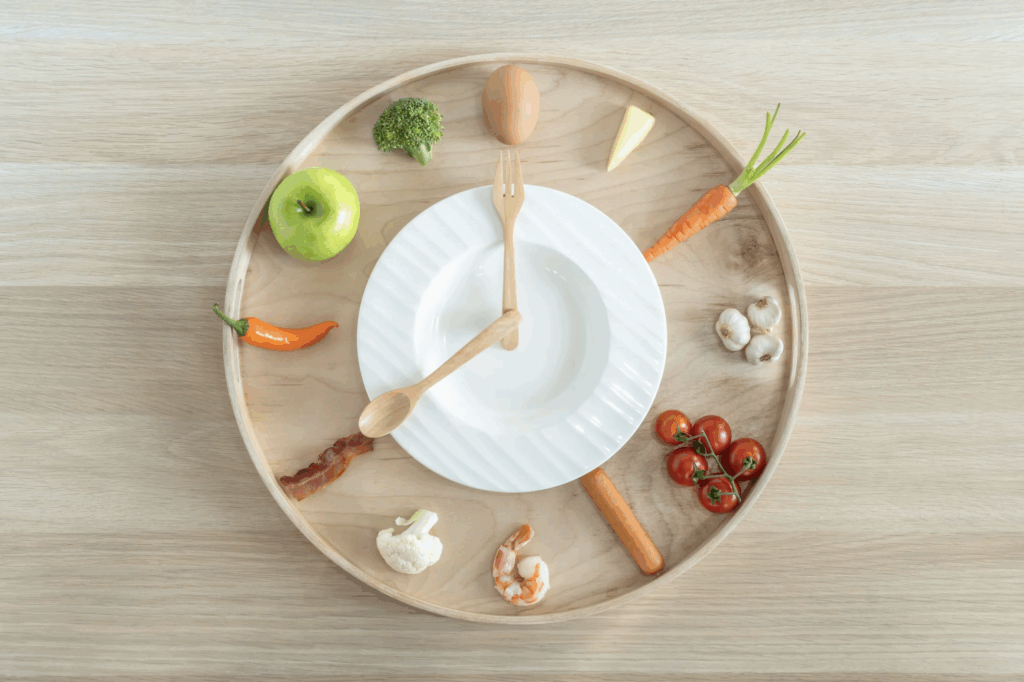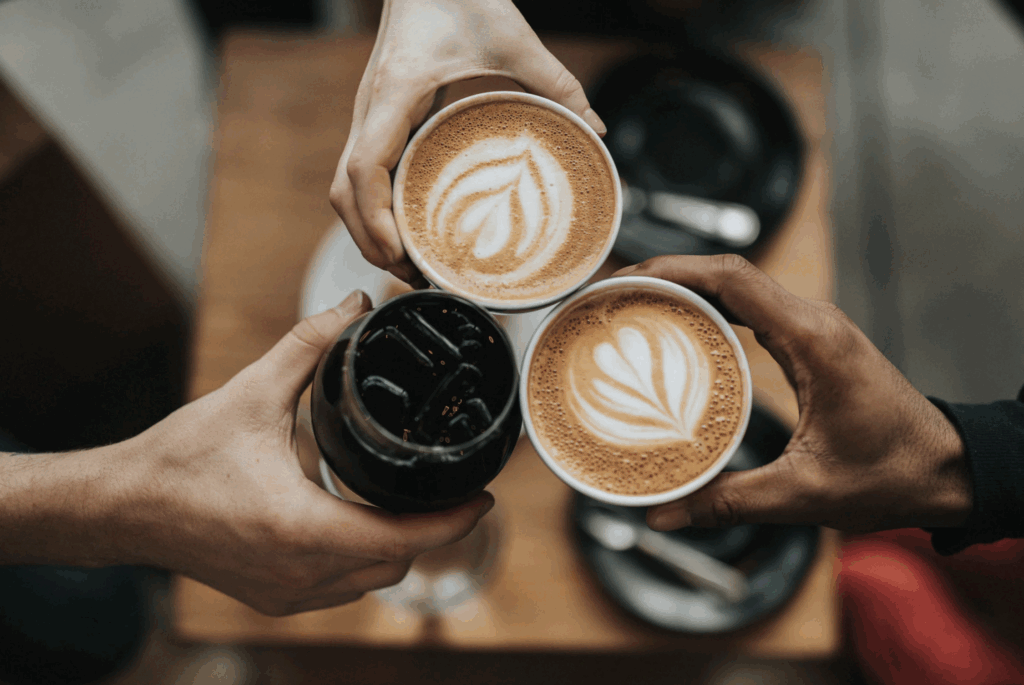
Staying on top of your blood sugar isn’t just for people with diabetes — it’s a major part of keeping your energy stable, hormones balanced, and cravings under control. But even if you eat well most of the time, certain everyday habits can cause spikes and crashes that leave you constantly feeling tired, moody, and hungry.
Here are five sneaky habits that might be messing with your blood sugar — and what to do instead.
——
1. Starting Your Day With Carbs Only
That banana with toast might feel like a healthy breakfast, but starting your day with mostly carbs (especially simple ones) can set you up for a blood sugar rollercoaster. When you eat carbs without additional protein, fiber, or fat, your blood sugar rises quickly, then crashes just as fast. According to a 2020 study published in The Journal of Clinical Endocrinology & Metabolism, people who consumed a high-carb breakfast experienced sharper spikes and crashes in blood glucose compared to those who included protein and fat (Jakubowicz et al., 2020).
Try this instead: Build a breakfast that includes protein, healthy fats, fiber, and complex carbs. This balanced combination helps keep your blood sugar steady and energy levels consistent throughout the morning. For example, try a slice of low-carb bread topped with avocado and eggs, or Greek yogurt with oats, berries, and seeds.


2. Skipping Meals or Eating Too Late
When you go too long without eating, your blood sugar drops, and your body pumps out stress hormones like cortisol to compensate. This can lead to irritability, headaches, and intense cravings. A 2019 review in Nutrients found that irregular eating patterns and meal skipping can impair glucose tolerance and increase insulin resistance—even in healthy adults (Jakubowicz & Froy, 2019).
Try this instead: Aim for regular meals every 3–5 hours. Keep a high-protein snack (like nuts, Greek yogurt, or these 5 ingredient protein bars) on hand for busy days.

——
—-
3. Drinking Coffee Before Eating
Yes, coffee lovers, we’re talking to you. Drinking coffee on an empty stomach can spike your cortisol levels, which in turn can destabilize your blood sugar — especially if you add sugar or flavored creamers.
Try this instead: Have a small protein-rich snack first (a spoonful of nut butter, or Greek yogurt) before drinking your morning coffee.

—-
———-
4. Not Enough Sleep
Poor sleep doesn’t just make you groggy — it can make your cells more resistant to insulin, which means higher blood sugar levels and more cravings the next day. One study from the University of Chicago showed that after just four nights of poor sleep, participants became 40% less effective at regulating blood sugar (Spiegel et al., 1999).
Try this instead: Prioritise 7–9 hours of quality sleep. Keep a consistent bedtime, limit blue light before bed, and try having a magnesium-rich snack like pumpkin seeds or these peanut butter cookies in the evening.

—-
——-
5. Not Managing Stress Effectively
Chronic stress triggers the release of cortisol, a hormone that can raise your blood sugar levels and make your body less sensitive to insulin over time. Even if you’re eating well, unmanaged stress can sabotage your blood sugar balance. Research published in Psychosomatic Medicine found that chronic stress is associated with significantly higher fasting blood glucose levels and insulin resistance (Rosmond & Bjorntorp, 2000).
Try this instead: Incorporate daily stress-reducing habits like walking, deep breathing, journaling, or short mindfulness sessions. Even 10 minutes can make a difference for your nervous system and your blood sugar.
——
Managing your blood sugar doesn’t have to mean cutting out all carbs or following a strict diet. Small, intentional changes like eating balanced meals, prioritising protein, and getting quality sleep—can make a big difference in your energy, mood, and long-term health.
Quick Tip: If you’re following intermittent fasting to manage your blood sugar levels, take a look at this post to see whether drinking lemon or lime water is compatible with fasting.



Leave a Reply